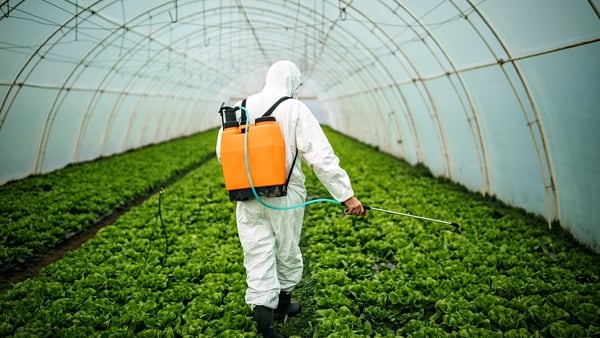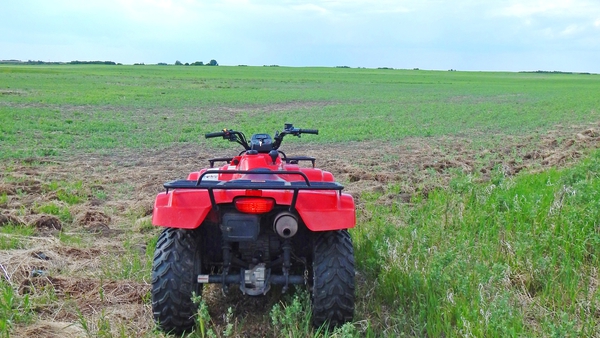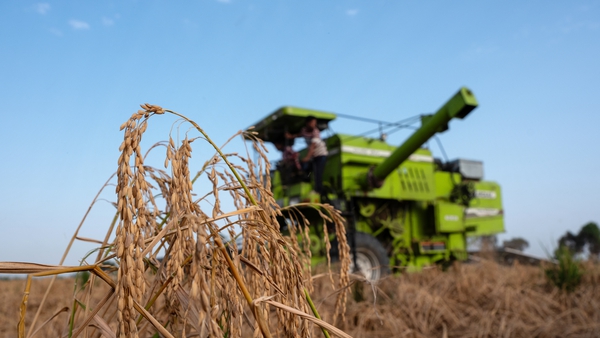The European Commissioner for the Environment has confirmed that the cut in the upper nitrates limit for 2,000 to 3,000 Irish farmers will go ahead in January.
The news came after Commissioner Virgunujus Sinkivicius met the Taoiseach, the Minister for Agriculture and farming organisations in Dublin.
Afterwards, the Commissioner said the what was agreed had to be implemented.
He also acknowledged that farmers are taking action to protect water quality and the future of the derogation is in their hands.
IFA president Tim Cullinan described the news as devastating for affected farmers and said that they now only have six weeks to plan before the measure takes effect.
Affected farmers will have to reduce the size of their herds, rent more land or arrange for slurry to be exported from their farms.
The Commissioner was invited to Ireland by the Government to discuss any flexibility around the change, although the Taoiseach said last week that the priority would be keeping the nitrates derogation going forward, as Ireland is one of only three countries that benefit from the arrangement.
Farmers had expressed anger that they are set to lose production capacity because of the change, and fear some farm businesses will come under severe strain, losing at least 15% of their income.
There are also concerns that pregnant dairy cows will have to be culled ahead of the new nitrates levels being introduced.
Dairy cows have a calf once a year in order to keep them producing milk and in general are impregnated by the end of April, five months before the derogation change was announced.
Read more: No change to planned nitrates derogation cuts - McGuinness
The President of the Irish Creamery Milk Suppliers Association has said the announcement was not a surprise.
"There's going to be huge pressure out there on the family farm model, this isn’t an attack on the large scale operators, this is an attack on those that are viable by being intensive," Pat McCormack said on RTÉ's Drivetime.
He said that farmers with 60 and 90 cows will be significantly impacted, and it represents a second hit in a short space of time.
Mr McCormack said there was a huge concern out there in the membership and the industry over the long-term impact.





